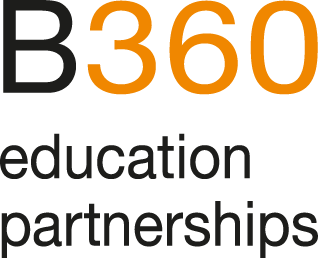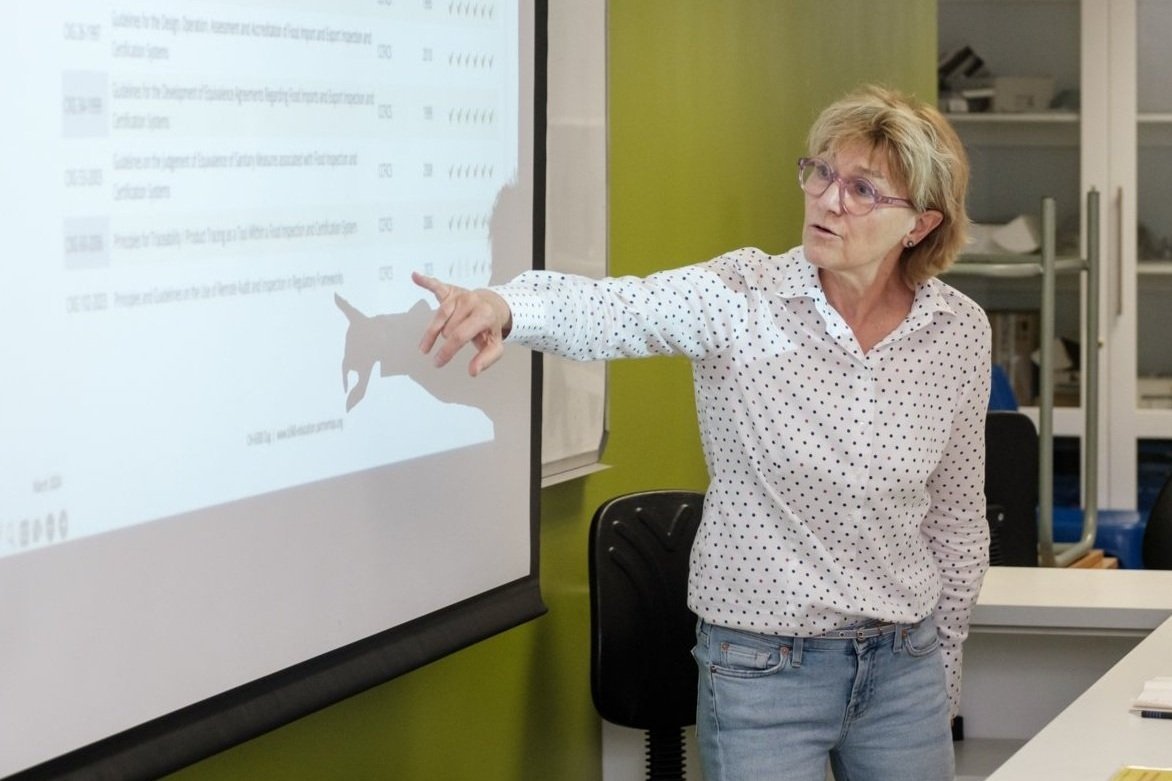Dr Susanne Pfenninger
Head of Regulatory Affairs & Compliance, Emmi Schweiz AG
Department of Preventative Health Sciences,
Namibia University of Science and Technology
February 29 - March 16, 2024
Cooperation with University Staff and Expectancies
In my fifth deployment as an expert, I had the pleasure of already being familiar with the lecturers of the respective department at NUST. This gave me a better understanding not only of the challenges faced by the university, but also of the needs of the students. This familiarity made it easier for me to make connections and discuss ideas together on how we could effectively adapt our outreach to the changing needs. During our open discussions with the lecturers at the Department of Food and Meat Hygiene (FMH), we looked closely at how we could meet new challenges, such as the growing number of students and the need for greater integration of theoretical knowledge and practical application. Together we have developed a proposal to exploit the full potential of the fourth year of study, particularly in relation to the 'Mini-Thesis' written by students in the FMH area. We look forward to receiving feedback from all stakeholders.
Cooperation with Students
My teaching goal was to educate students about food safety along the supply chain in an international context. In our intensive course, we focused in particular on the challenges and standards to be considered when exporting food. The students were asked to apply what they had learnt in a case study, choosing any food product they wanted to export.
The variety of products chosen was fascinating. Some were already known in Europe, such as Pomegranates, while others would be completely new, such as Onjove oil, Ozambanui nuts or the dried fruit 'Omakawa'. This selection reflects the rich diversity of Namibian agricultural production and provided an exciting challenge for the students as they had to deal with products with specific requirements and regulations that they were unfamiliar with.
The students rose to the challenge and developed carefully prepared case studies which they presented at the end of the course. They demonstrated not only their understanding of food safety principles, but also their ability to understand and apply complex international trade regulations.
The discussions during the presentations were extremely lively. The students raised a wide range of questions and concerns that they had identified while working on their case studies. Some of these questions related to the specific requirements of individual target countries, while others dealt with global trends and developments in the food industry. A central theme that emerged repeatedly was the importance of certification and quality standards. Students learned that meeting internationally recognized standards not only facilitates access to global markets, but also builds consumer confidence in the safety and quality of exported food. The course also highlighted various barriers and challenges that food exporters may face, including technical and regulatory barriers, as well as cultural differences and market preferences that need to be considered. Students gained an understanding of the complexities of food safety in international trade. They were not only able to apply theoretical concepts, but also develop practical skills that will serve them well in their future careers.
Impact and Win-Win
For me, it is wonderful to see, how the assignment allows me to share my many years of professional experience with the students. This not only enhances their learning, but also creates a valuable cultural exchange. The direct interaction with the students gives them a broader insight into international subjects, while they can deepen their understanding of Namibian culture and society through these experiences.
Personal Message
It feels like home every time I serve as a guest lecturer at the university. After years here, one knows the environment, the NUST lecturers, the friendly climate, and the behaviors of people in Southern Africa. One appreciates the cheerfulness and the carefree atmosphere. Yet, every time is unique. Even though the learning objective is coordinated with the lecturers and known, it remains a challenge. The focus is on connecting what is already learned with the set learning objective. Many practical exercises and good communication with the NUST lecturers support this. In this way, I can impart knowledge in a playful way and add value. I very much appreciate the fact that the students appreciate a lively teaching style.






